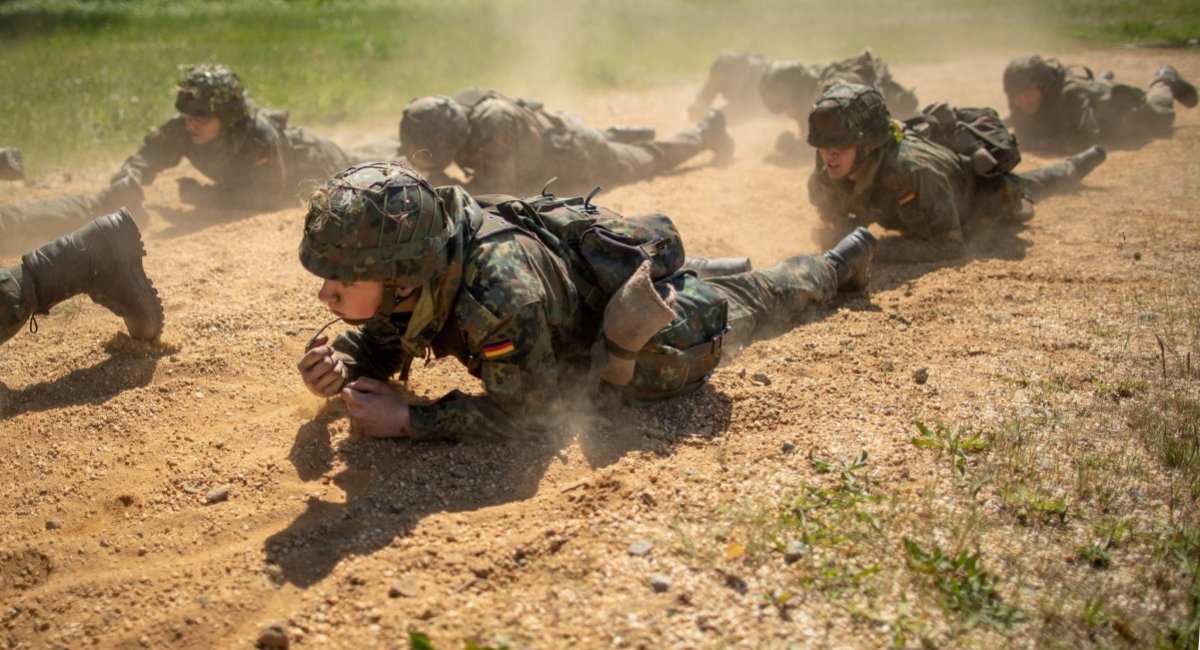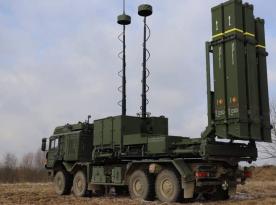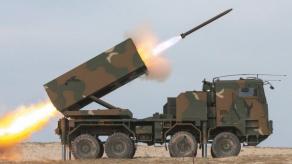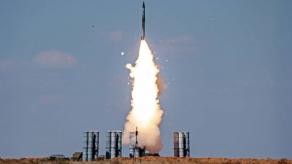The German government has decided to reintroduce conscription to the Bundeswehr, reinstating a practice abolished in 2011. This move aligns with Defense Minister Boris Pistorius's plan to expand and strengthen Germany’s armed forces.
However, there's a long way to go before the changes to the legislation pass all parliamentary institutions and votings, the process is expected to extend until the second quarter of 2025, as reported by Hartpunkt.
Read more: Bundeswehr Admits There's No Solution to russian Drones Spying German Military Bases
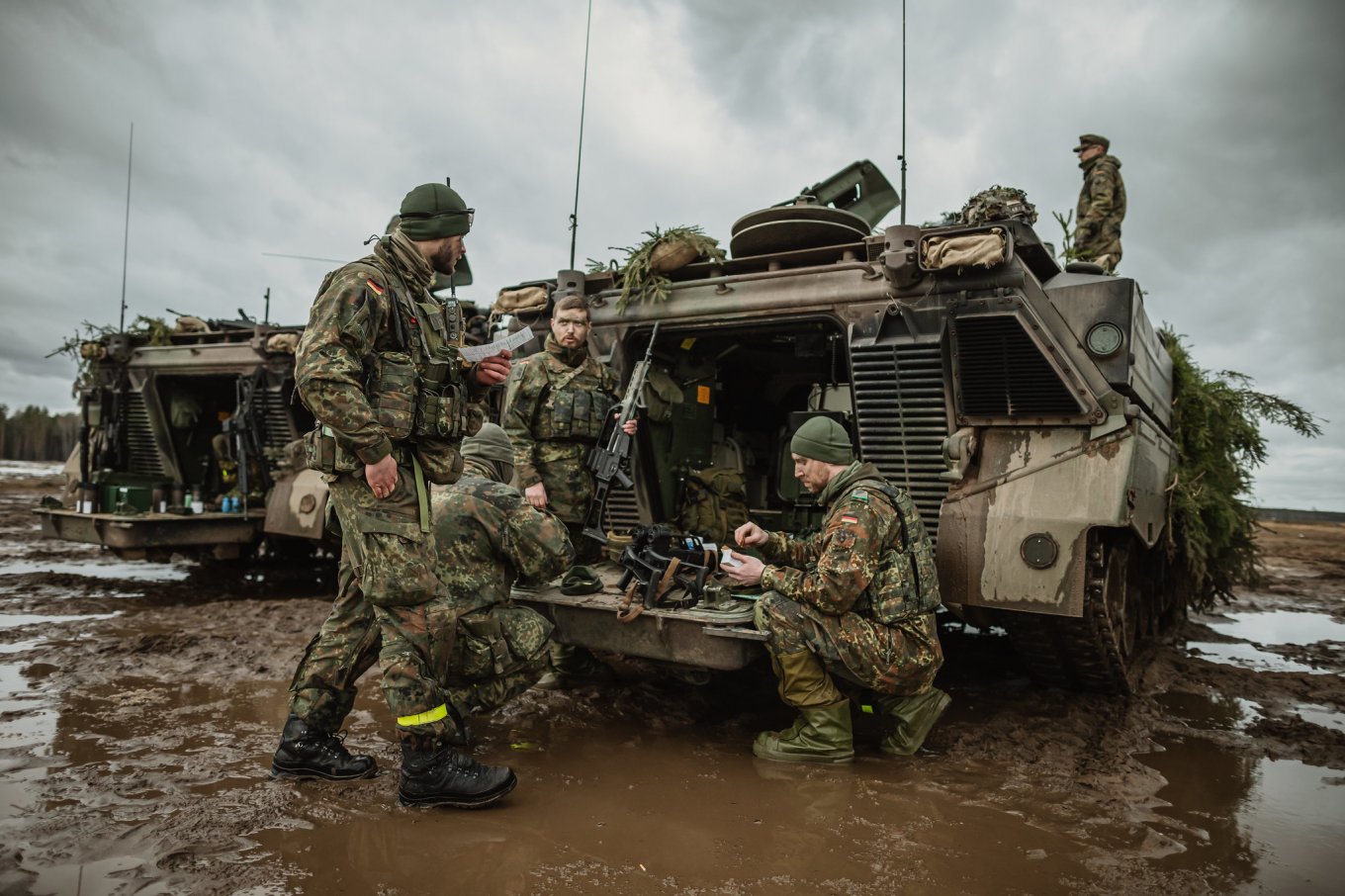
Still, the deadlines have been set, and so preparations must begin in parallel with all these procedures, including setting up administrative structures and readying barracks.
Under the new regulations, 18-year-old men (women may volunteer) will be required to complete a digital questionnaire with personal details and indicate if they wish to undergo military service. This process will restore military registration in Germany, enabling the first recruitment cycle as early as 2025.
On a note from Defense Express, at this stage, the reintroduced service will be voluntary and limited to six months. Upon a separate agreement, the course can be extended for another 17 months for specialized training
In the initial phase, the government aims to recruit 5,000 "voluntary conscripts" — about 1.25% of the approximately 400,000 young people turning 18 each year in Germany.
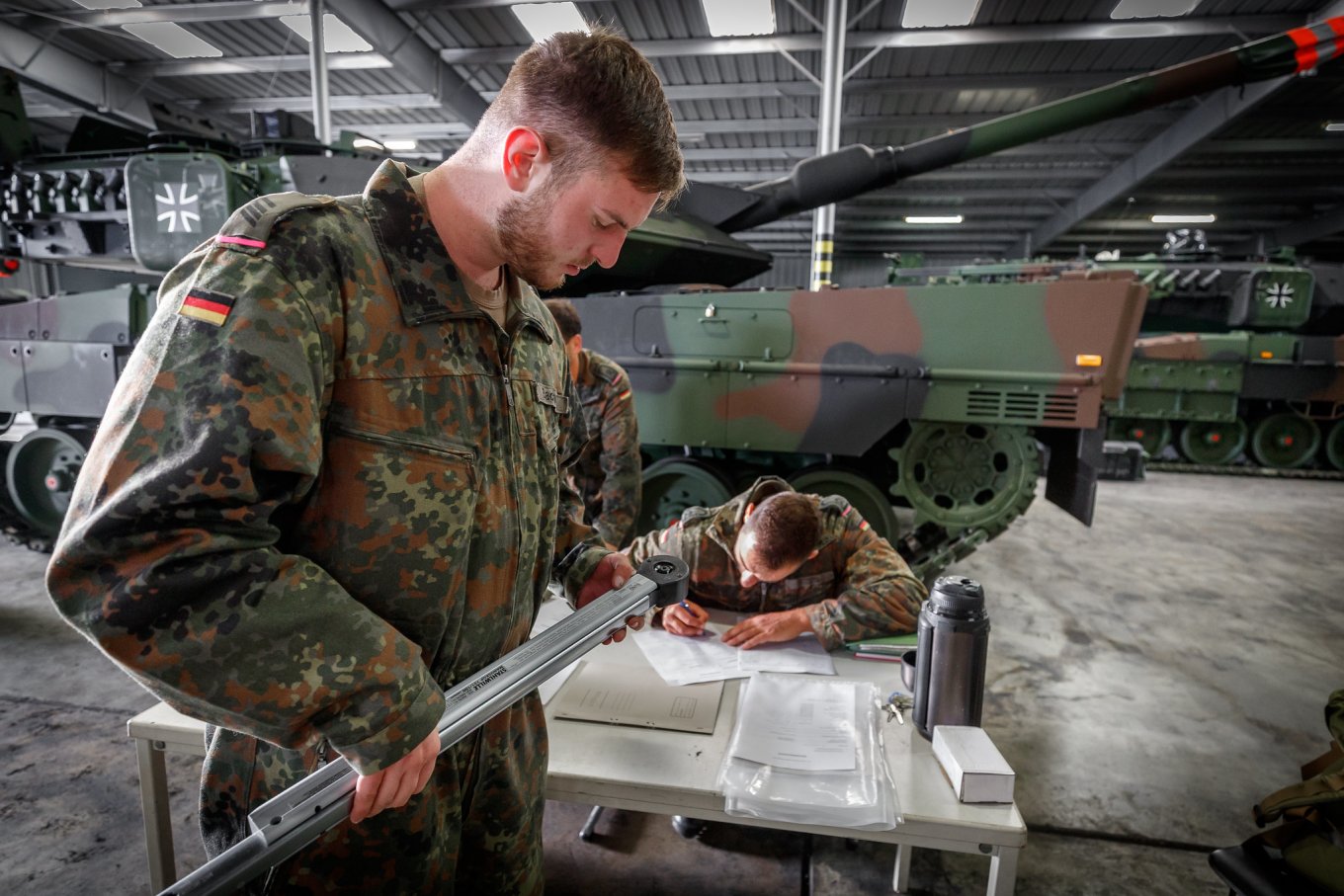
With modern-day basic military readiness requirements, Germany’s broader objective is to ensure a defense force of 460,000 personnel, including 200,000 reservists. Currently, the Bundeswehr’s active strength stands at 181,000.
Worth adding, this expansion will also require substantial increases in military equipment and resources. Given the severe shortage of production capacity within Germany and Europe overall, the Bundeswehr’s growth has already led to the postponement of plans to retire Marder infantry fighting vehicles, Fuchs armored personnel carriers, and other essential equipment.
Read more: Germany Gives Up on 2% GDP Defense Spending: What It Means for Bundeswehr and Beyond




